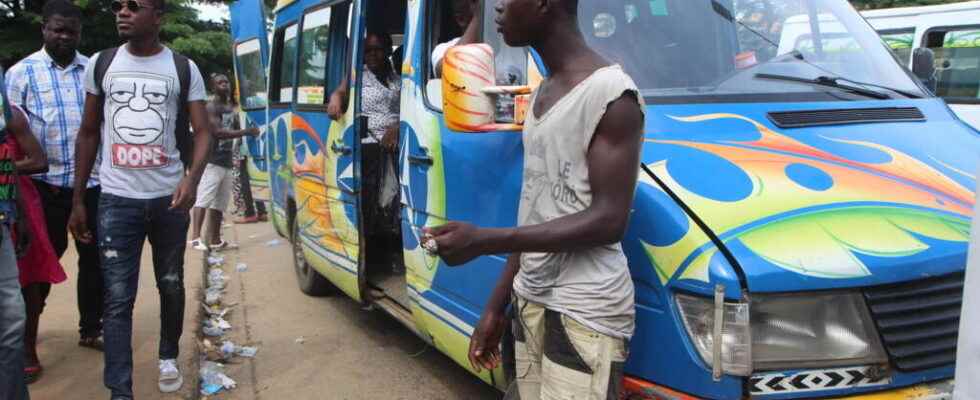In Côte d’Ivoire, the authorities are considering reducing the impact of pollution from the car fleet with a brand new project: introducing electric cars. This should first concern the economic capital, Abidjan. The project is notably supported by the Ministry of the Environment, which mainly targets public transport and taxis.
With our correspondent in Abidjan, Bineta Diagne
On the busy roads of Abidjan, with endless queues of traffic jams, 4X4s, buses and cars are crowded together. According to studies carried out by the Ministry of the Environment, the car fleet emits too much carbon dioxide and diesel-powered vehicles emit too much sulphur, hence the idea of gradually changing course, by introducing electric cars.
First targets of this project: administrative vehicles, public transport and taxis. The latter have the possibility of acquiring electric cars at reduced prices. “ It’s not about starting by telling people to buy electric vehicles. That’s expensive. It would be good to start with the public service fleet: buses and minibuses (the Gbaka). We are also going to encourage taxis to leave the thermal. We really need to move towards mass transport. If we’re at 30% in the next five years, that’s not bad. », explains Dr Etien N’Dah, coordinator of the electric mobility project at the Ministry of the Environment.
Professionals are convinced by the environmental impact. It remains to settle the logistical questions concerning the location of the charging stations, but also the supply of spare parts. “ The vehicles that are used allow us to operate throughout the day. We will basically have a quiet vehicle and beyond that we also believe that access to spare parts could be improved. “, underlines Vamoya Karamoko, deputy secretary of the employers’ federation of metered taxis in Abidjan.
Next step: the training of mechanics and drivers. The authorities thus hope, in the long term, to renew nearly 30% of public transport with electric vehicles.
